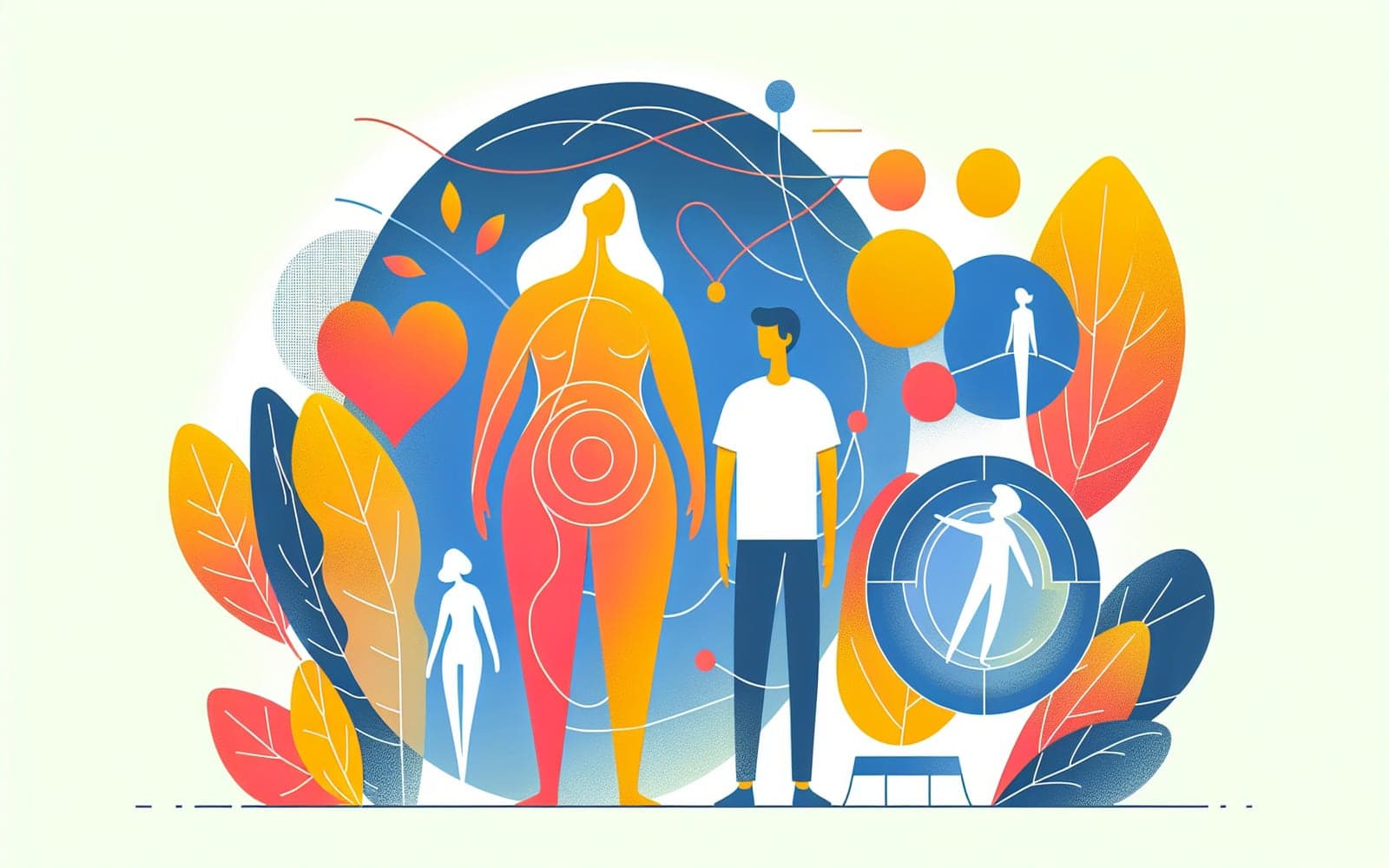The Surprising Truth About Why We Gain Weight as We Age
Published: Sep 20, 2023
Many people find the numbers on the scale creeping up as they get older. But why does this happen, and is it inevitable?
Contents
The Metabolism Myth
Contrary to popular belief, metabolism doesn't necessarily slow dramatically with age. Recent research suggests our metabolism stays relatively stable from ages 20 to 60. The real culprits behind age-related weight gain are often lifestyle changes and hormonal shifts.
Muscle Mass Matters
As we age, we naturally lose muscle mass, a process called sarcopenia. Muscle burns more calories than fat, even at rest. So less muscle means fewer calories burned daily. Strength training can help maintain muscle mass and boost metabolism.

Hormonal Havoc
Hormonal changes play a big role in age-related weight gain, especially for women. Menopause leads to a drop in estrogen, which can increase appetite and promote fat storage, particularly around the abdomen. For men, declining testosterone can contribute to muscle loss and weight gain.
Frequently Asked Questions
No, but it requires more effort to maintain a healthy weight.
Many people see increased weight gain in their 40s and 50s.
Yes, some common medications can contribute to weight gain.
Stress can increase cortisol, promoting weight gain at any age.
Key Takeaways
While age-related changes can make weight management more challenging, understanding these factors can help you take control.
Talk to Doctronic about strategies to maintain a healthy weight as you age.Related Articles
References
Pontzer H, et al. Daily energy expenditure through the human life course. Science. 2021;373(6556):808-812.
Kapoor E, et al. Weight Gain in Women at Midlife: A Concise Review of the Pathophysiology and Strategies for Management. Mayo Clin Proc. 2017;92(10):1552-1558.
Always discuss health information with your healthcare provider.

